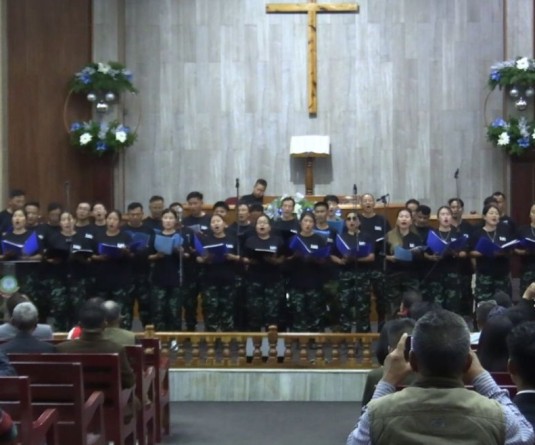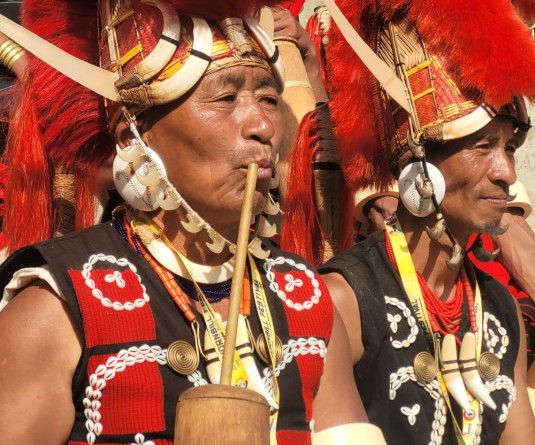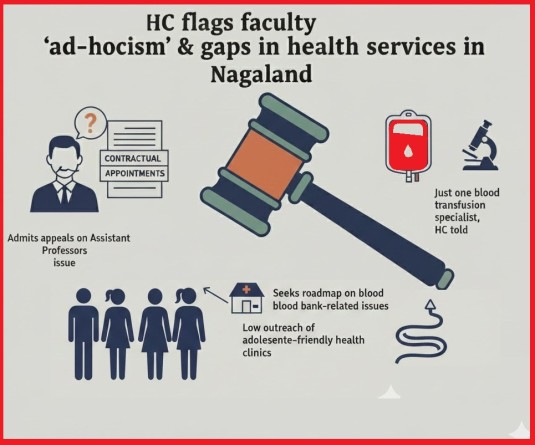
Bharat Bhushan
Bangkok
With the Nagas withdrawing their offer of a truce without any time limit, the ceasefire with them was extended by only one more year today. While Indian negotiators described it as “an opportunity missed”, the Naga negotiators thought they were exercising abundant caution.
“The suggestion for the ceasefire being coterminous with the peace talks had come from the Nagas themselves. They have now withdrawn that offer. But a one-year extension is fine with us,” said Union minister of state Oscar Fernandes, who is leading the negotiations on behalf of Delhi.
Prime Minister Manmohan Singh’s special representative to the peace talks, K. Padmanabhaiah, made no bones about what India would have liked. “We would have been extremely happy if the ceasefire were to be coterminous with the talks. But everyone has their compulsions.”
Senior leaders of the National Socialist Council of Nagalim (Isak-Muivah) are believed to have impressed upon their general secretary Thuingaleng Muivah not to opt for a long ceasefire. They insisted that Delhi be asked to first prove its sincerity in maintaining the ceasefire on the ground. Muivah had no option but to fall in line with his commanders and ministers back home.
Muivah, who was keen on extending the ceasefire till the peace talks last, tried to explain his position, saying: “I am conditioned by circumstances. Both parties should use this one-year period to prove themselves. We would like to move by deeds and not only by words.”
As a result, the Naga representatives told their Indian counterparts that among other things, they wanted the strengthening of the ceasefire monitoring mechanism on the ground, the empowerment of the chairman of the Ceasefire Monitoring Group to directly deal with the Eastern Army Command, the nomination by both side of eminent persons from NGOs as ceasefire observers and the Centre’s firm commitment to “contain” rival groups intent on disturbing peace.
Responding to this, the government, in the joint communique issued today, while extending the ceasefire by one year, asked the NSCN (I-M) to table proposals on strengthening the ceasefire with the promise that decisions on them would be taken “promptly”.
Muivah claimed that a one-year extension of the ceasefire did not rule out “an indefinite ceasefire”. Did he not see this as an opportunity missed? “No. We want the Indian negotiators to show that they value this period. Let us prepare ourselves for an indefinite period of truce. Am I not taking a step in that direction? I think I am,” he insisted.
Despite this setback, both sides claimed that the talks this time were more significant than in the past. While Padmanabhaiah said the talks had taken “a quantum jump”, Muivah claimed to have “experienced extraordinary effort from the Indian side”. He described the meeting as “historic”.
“Nothing significant emerged in the past despite efforts. But this time we have accepted a framework to seek a solution and the Indian posture has been positive,” he said.
The Indian side was, however, quick to point out that differences still remained. “There is still a gap between their understanding and ours. That distance still has to be covered,” Padmanabhaiah said.
Courtesy: The Telegraph


.jpg)



